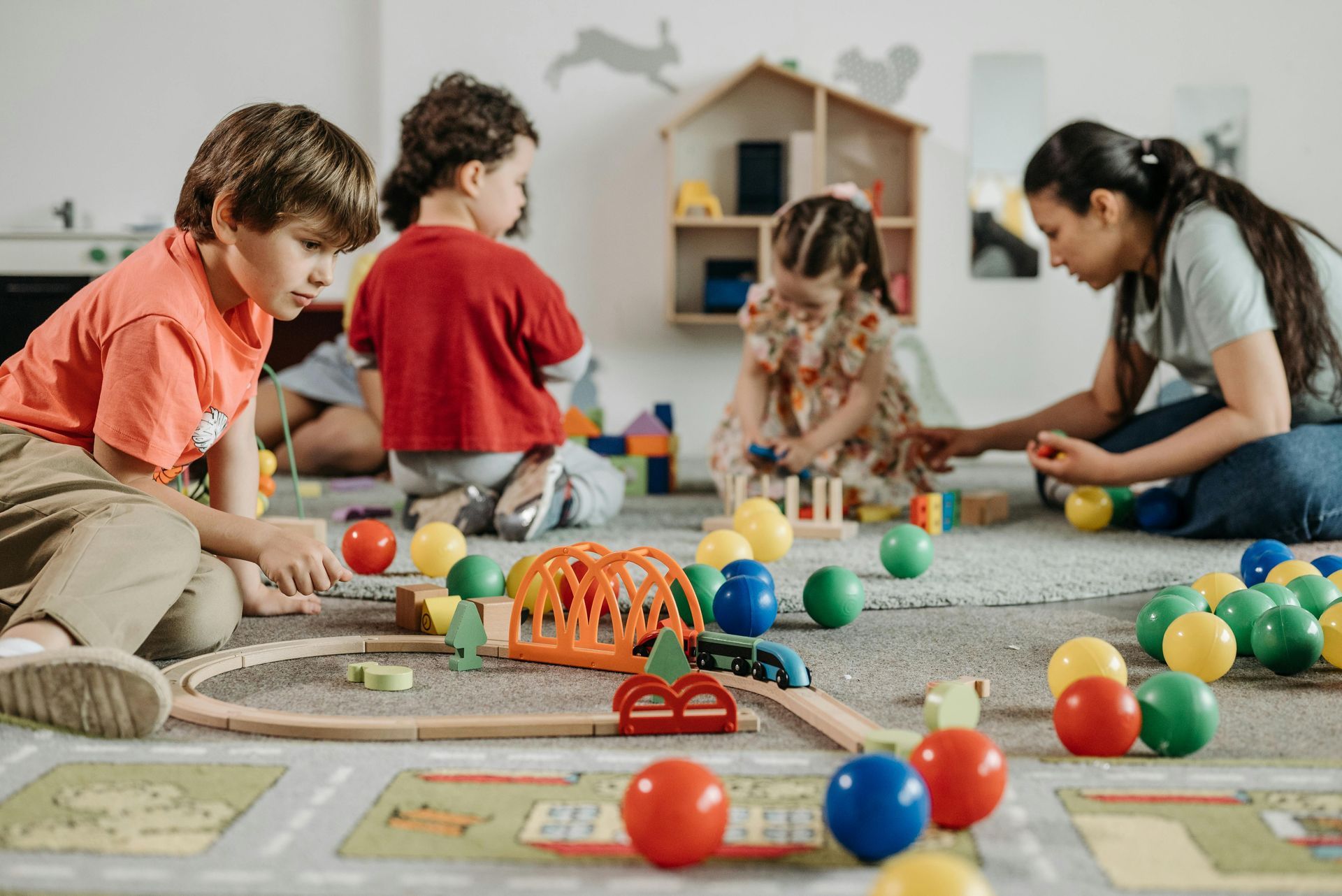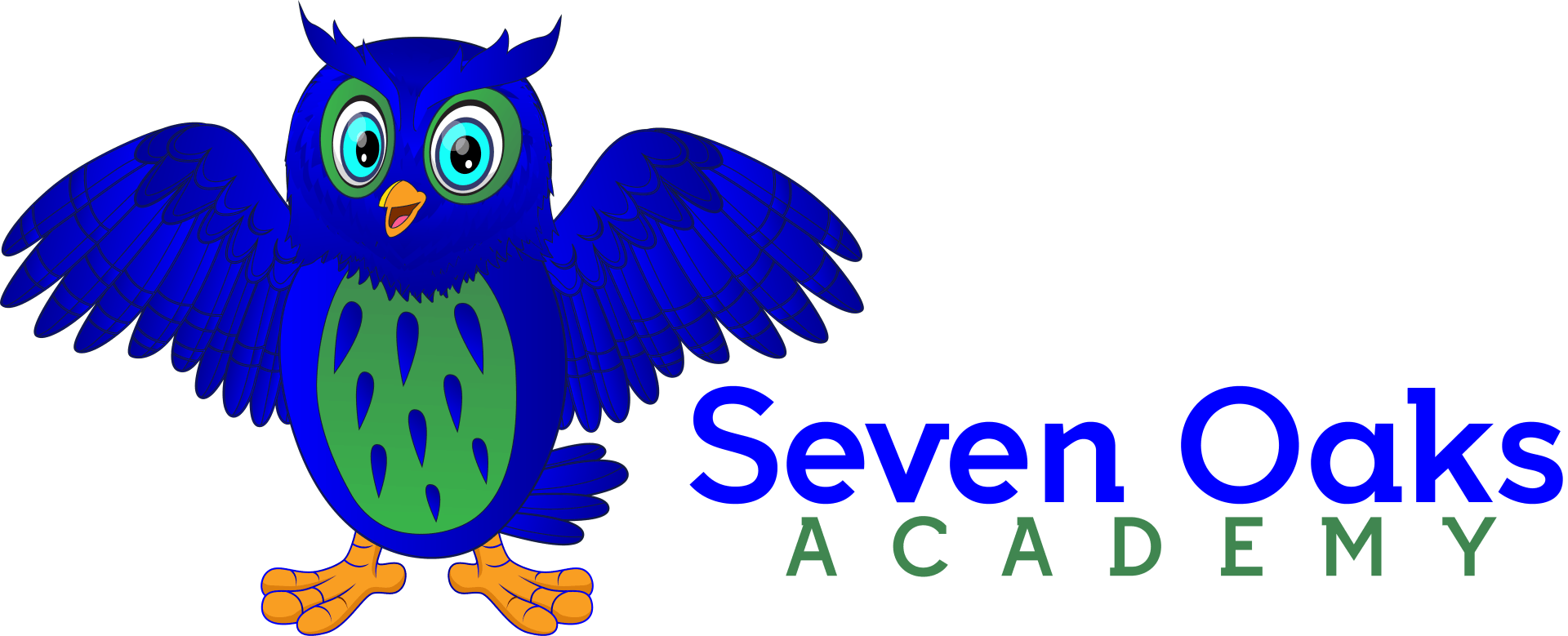Blog

In a world that celebrates adaptability and perseverance, a growth mindset has become essential to success and personal fulfillment. Montessori education, with its child-centered approach, develops this mindset naturally. Here’s how Montessori principles encourage children to embrace learning and challenges, giving them the tools to face life with resilience, confidence, and curiosity.

Thanksgiving is a cherished holiday, filled with unique and memorable traditions that connect families and communities. Rooted in history, it’s a time to reflect on all we’re grateful for and to enjoy the season’s best moments. From feasting with loved ones to volunteer work that uplifts the community, Thanksgiving traditions hold a special place in our hearts and homes.

In both the AMS (American Montessori Society) and AMI (Association Montessori Internationale) approaches, music is seen as a fundamental part of early childhood development, and it goes beyond mere entertainment. Music in a Montessori environment is woven into the fabric of daily activities, supporting a child's cognitive, emotional, and social growth. At Seven Oaks Academy, we integrate music throughout our curriculum, nurturing the child's natural rhythm and love for sound while building important developmental foundations.

One of the greatest gifts Montessori education offers is cultivating a deep, lifelong love for learning. From the earliest stages, Montessori nurtures curiosity, independence, and a passion for discovery—qualities that extend beyond the classroom and shape children into motivated, self-driven learners. But how exactly does Montessori inspire this lasting enthusiasm for knowledge? Let’s dive in!

The Montessori system of education is based on two qualities: respect for children and the fact that learning can and should be enjoyable. One of the most beautiful ways to strengthen this love for learning is by offering books. According to Montessori educators, we have to choose stories that will help children at different age levels to develop and progress intellectually. For a child who has just begun walking, or a kid who has just started reading, picking the right books puts out such a wide variety of possibilities for them.

To a large extent, Montessori education has always marketed itself as the freedom for children to develop at their own pace, in their style. However, it is not widely known that the Montessori method was also suitable for children with physical and mental developmental disabilities. Whether the child’s difficulties are related to learning, motor skills, developmental delays, or other physical or cognitive differences, the Montessori approach is a gentle and effective framework for the child.

In today's world, technology is an unavoidable part of daily life. From smartphones to tablets, young children are growing up in a digital environment that previous generations could only imagine. While technology offers incredible tools for learning and connection, it's important to consider how we can find a healthy balance for young children—especially in a Montessori setting, where hands-on learning and exploration are the core foundations.

In a world brimming with wonders, a child’s natural curiosity is one of the most powerful tools for learning. Montessori education is designed to nurture this curiosity, especially when understanding scientific concepts. By allowing children to explore, experiment, and observe, Montessori methods turn the classroom into a laboratory where the wonders of science come alive.

Montessori education is renowned for its holistic approach to child development, encompassing not only academic learning but also the social and emotional growth of every child. One core tenets of Montessori philosophy is the belief that education should nurture the whole child—intellectually, emotionally, physically, and socially. In Montessori classrooms, social development is not an afterthought but a central focus, with environments and activities designed to foster community, cooperation, and empathy.


